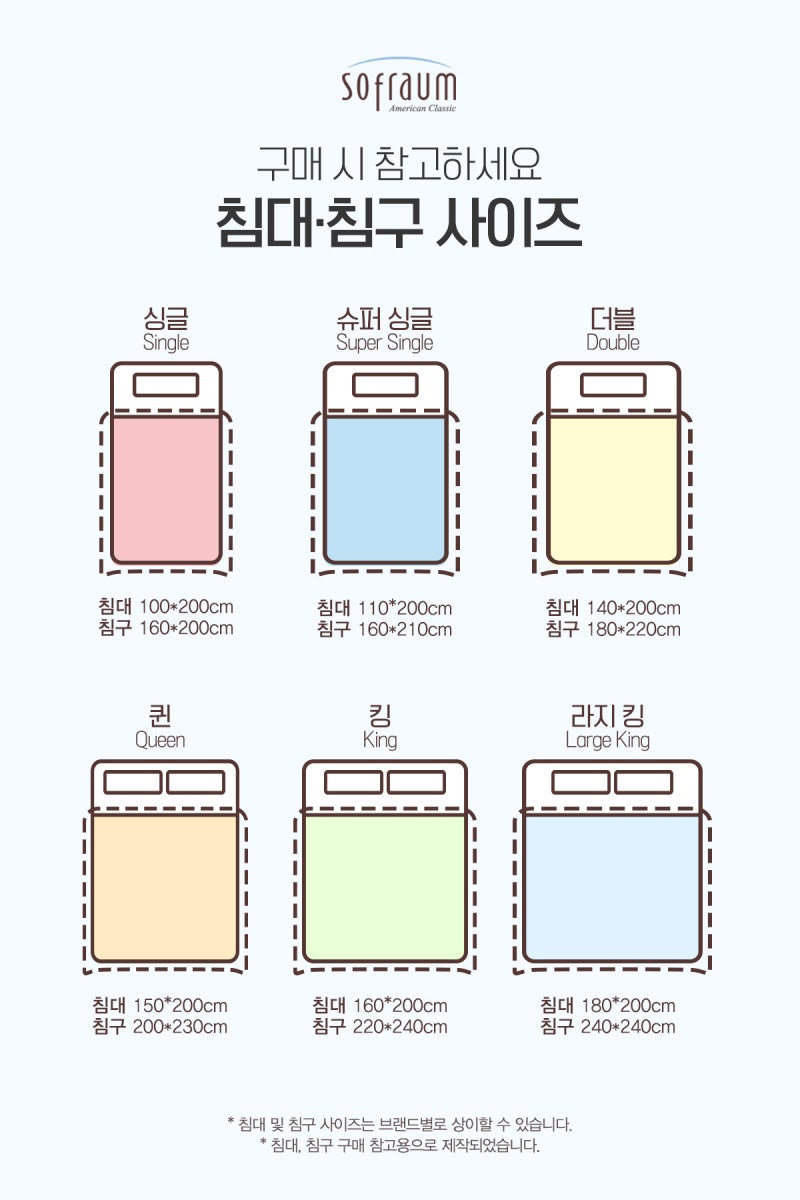No language detected.
Please check the input language, no language detected.
Please check the input language.
*Read from left to right. *Read from left to right.
It is a comic book published in Famitsu, a game magazine, so there are a lot of stories about games, but it is worth seeing from the perspective of Japanese people in various aspects of Korea at that time. In a nutshell, you can think of Korea as a way of looking at China. It’s because they always take fake pictures and look at their country 10-20 years ago, but on the other hand, it’s a place where there’s a unique culture (scrubbing, dog meat, etc.). Everyone seems to be introducing only fake games, so you may feel sick, but there’s nothing you can do about it. That was the reality at that time. Korea’s proud online game is still in its infancy, and there were certainly some famous domestic console games, but such fake and pirated games were also inundated. Nevertheless, compliments such as the development of Internet culture compared to Japan are complimentary, so let’s comfort them with that. It is a comic book published in Famitsu, a game magazine, so there are a lot of stories about games, but it is worth seeing from the perspective of Japanese people in various aspects of Korea at that time. In a nutshell, you can think of Korea as a way of looking at China. It’s because they always take fake pictures and look at their country 10-20 years ago, but on the other hand, it’s a place where there’s a unique culture (scrubbing, dog meat, etc.). Everyone seems to be introducing only fake games, so you may feel sick, but there’s nothing you can do about it. That was the reality at that time. Korea’s proud online game is still in its infancy, and there were certainly some famous domestic console games, but such fake and pirated games were also inundated. Nevertheless, compliments such as the development of Internet culture compared to Japan are complimentary, so let’s comfort them with that.
But from the perspective of those days, it looked like an anti-Korean cartoon. The Dong-A Ilbo, a major daily newspaper, seems to have made a lot of headlines at least on the Internet. The newly born “Lully Web” reaction at the time is a bonus But from the perspective of those days, it looked like an anti-Korean cartoon. The Dong-A Ilbo, a major daily newspaper, seems to have made a lot of headlines at least on the Internet. The newly born “Lully Web” reaction at the time is a bonus

![[STUSSY] [NIKE] 스투시 나이키 에어포스 1 미드포실 PS 리뷰 / STUSSY NIKE AIR FORCE 1 MIDFOSSIL REVIEW [STUSSY] [NIKE] 스투시 나이키 에어포스 1 미드포실 PS 리뷰 / STUSSY NIKE AIR FORCE 1 MIDFOSSIL REVIEW](https://sitem.ssgcdn.com/58/20/93/item/1000533932058_i1_750.jpg)

